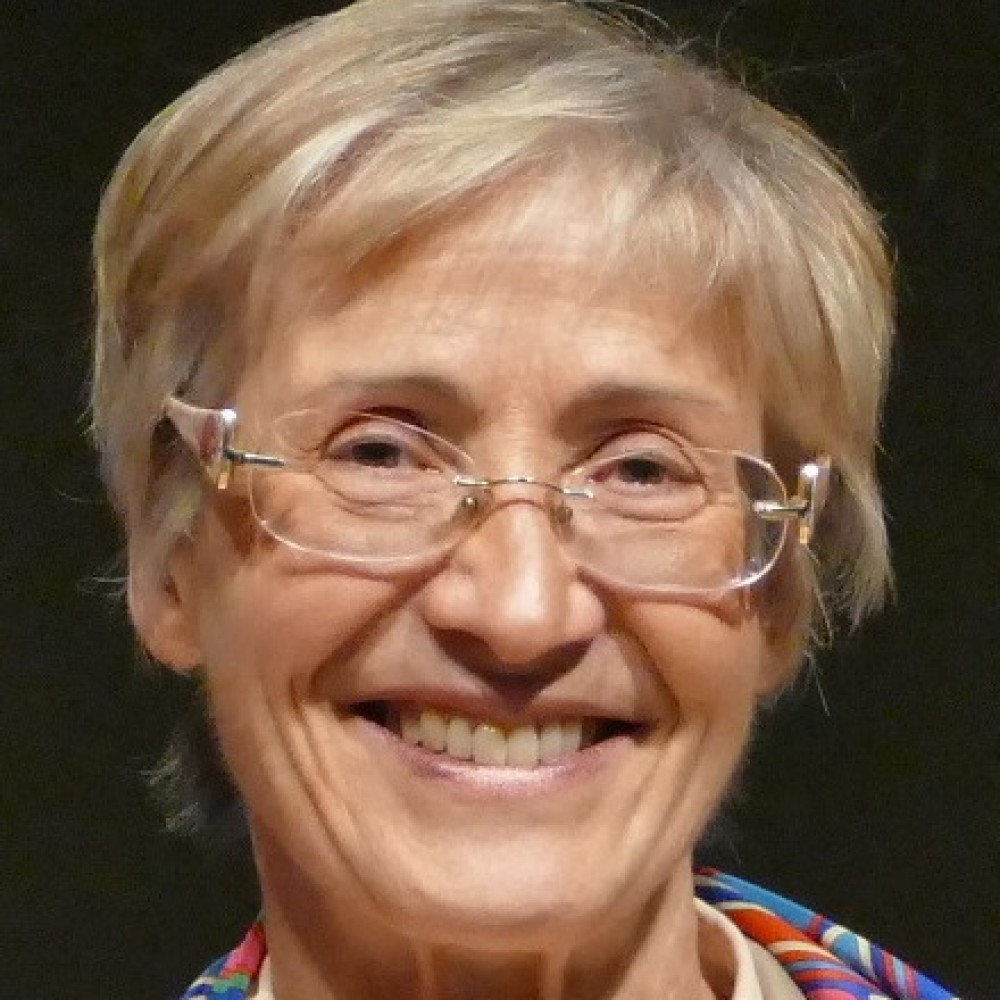Speakers
‹ Back
Prof. Anne Cambon-Thomsen
Emeritus research director; member of UMR 1027 Inserm/ Univ Toulouse 3, CNRS & University of Toulouse
CV
Anne Cambon-Thomsen is a French medical doctor specialised in human immunogenetics and health ethics, now Emeritus Research Director at CNRS, in an epidemiology and public health unit of Inserm and University Toulouse III. She published on human genetics, transplantation immunogenetics, biobanks, societal and policy aspects of genomics and biotechnologies. She was the EuroScience Open Forum ESOF 2018 Champion. She is presently member of the European Group on Ethics of Science and New Technologies, the international data policy committee of CODATA i.e. the Committee on Data of the International Science Council (ISC), the governing board of EuroScience, the Directoire of MURS (Universal Movement for Scientific Responsibility) and co-leads the interest group SHARC (Sharing Reward and Credit) of the Research Data Alliance (RDA), organisation for which she is Ambassador. She is referee for scientific integrity for the University Toulouse III and has been member of numerous ethics and scientific bodies. She previously directed two research Units on human immunogenetics and on population genetics, a research team on genomics and public health and a societal platform and co-directed the Common Service ELSI (Ethical, legal and societal implications) of BBMRI-ERIC, the European infrastructure on biobanking and biomolecular resources. She has a large experience of European and international projects. She is Chevalier de la Légion d’honneur and Officier de l’Ordre national du Mérite.
Abstract
Abstract:Issues for Europe: A perspective from the European Group on Ethics.
Decision making in bringing regenerative medicine into clinical practice is depending on numerous factors from technical availability to education of professionals, public perception, regulation and adaptation of the existing organisation. Clinical applications often suffer from an evidentiary time lag. This means that between the moment when a technology / treatment is ready and in principle applicable and the moment when data on issues actually encountered in reality are available there is a time period with lots of uncertainty. Questions like what are the good practices, the actual advantages, the best realistic guidelines, the best way of sharing experiences pop up without evidence based answers. Deciding on a framework to apply techniques and treatments in practice can be difficult, from waiting too long and having patients losing chances, to being too quick and leading to inadequate consequences. This is an ethical issue that is embedded at European level in the regulatory EU landscape. However one has to take into account that ethics as such is not among the EU level competencies. It comes into play under different contexts that imply ethical considerations in the remit of other levels of regulation, such as safety, respect of fundamental rights, rights to health care etc. The European group on ethics of science and new technologies (EGE) has since 1998 addressed issues related to stem cells in 11 of its opinions. Presently the EGE is working on an opinion on gene editing that impacts part of regenerative medicine. Although the scope of the opinion is large, human cells to be considered for gene editing, somatic cells and germ line or embryo cells are in this scope. Several of the issues encountered will be discussed in the talk. Another aspect that needs to be approached is linked to the balance to find between protection of novelty, accurate and transparent exchange of data between teams and across frontiers and protection of personal data and patients privacy. This is the kind of issues that can be discussed also at the level of RDA (Research data alliance) for topics such as regenerative medicine where research and clinical care are close to each other. Finally, the balance between a European diversity and a feasible European harmonisation that can influence the global context will be addressed, and the lightening of the EGE and of the MURS (Mouvement Universel pour la Responsabilité Scientifique) will be called upon.